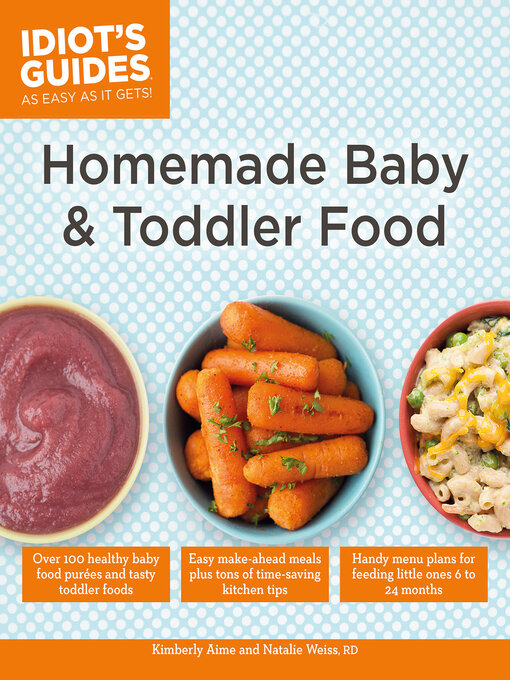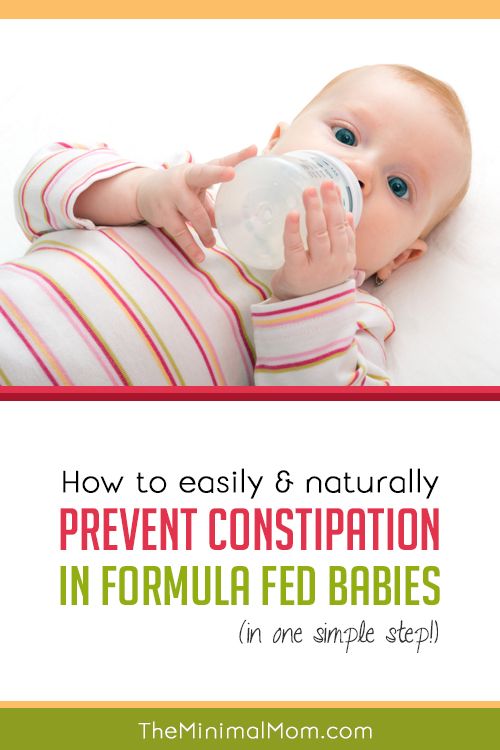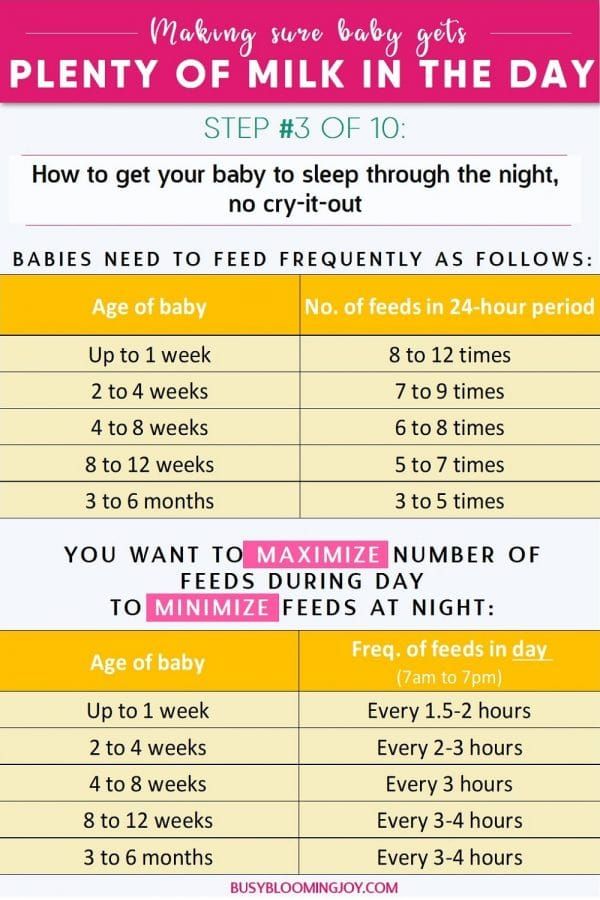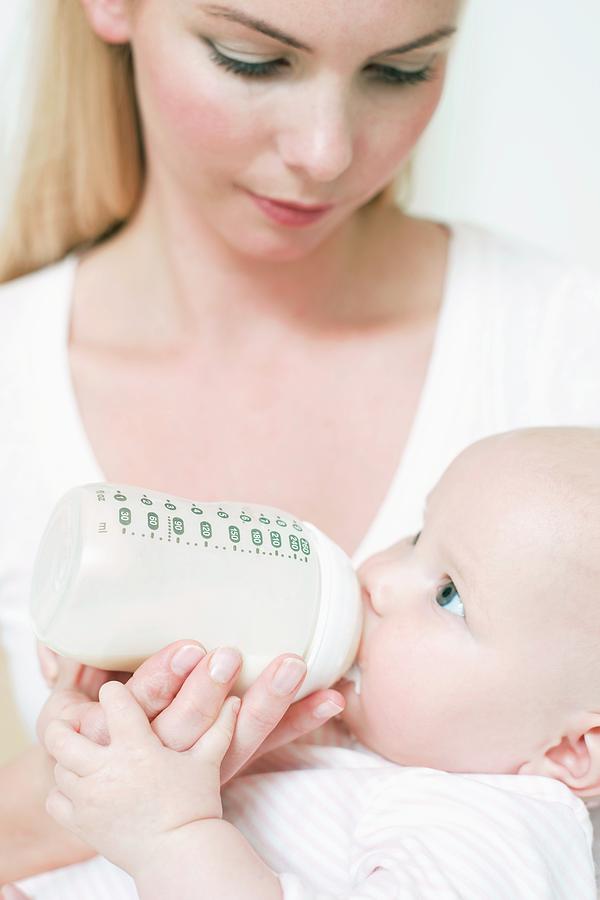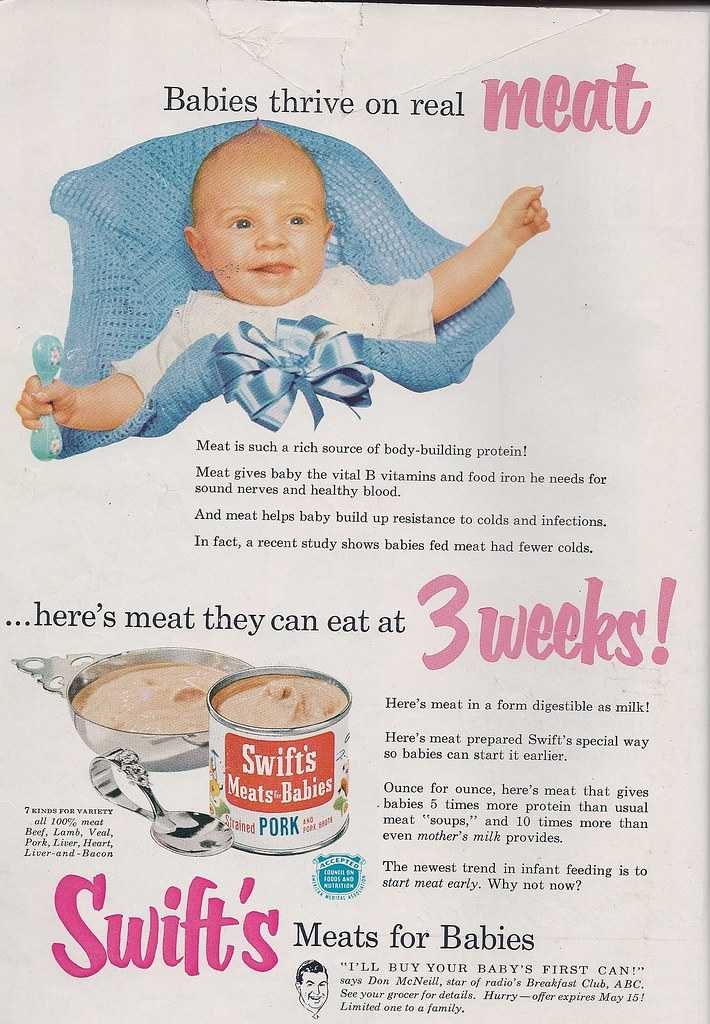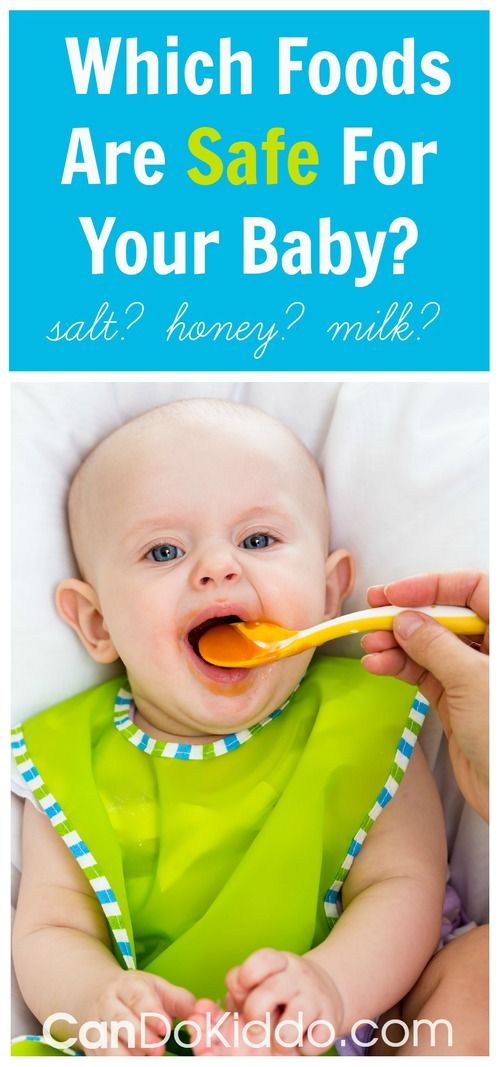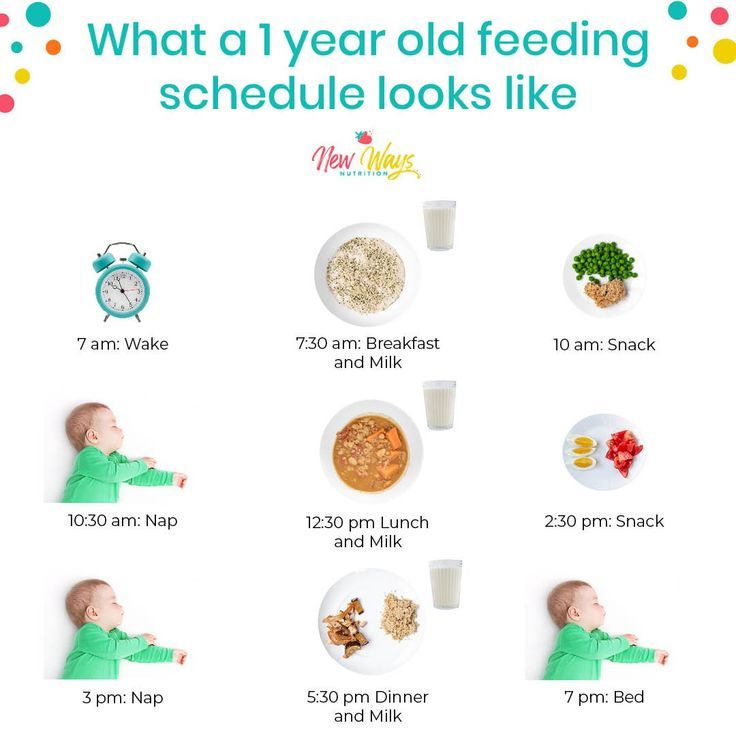Why is my baby not feeding as much
Breastfeeding: my baby's feeding patterns have changed | Baby & toddler, Feeding articles & support
Baby feeding patterns do change as they get older. Here we explore why feeding might change and whether to do something about it.
Although it's normal to worry, there is often a reason for changes to feeding patterns, such as feeding more or less, or refusing the breast. While you can’t always know exactly why your baby changes their feeding patterns, you can consider some of the reasons and strategies below.
My baby started feeding more often
Feeding more frequently is almost always linked with a baby’s normal increase in appetite. If you are breastfeeding, the more your baby feeds, the more milk you will make. A baby breastfeeding more frequently is their way of ensuring you make more milk (Daly and Hartmann, 1995).
My baby is feeding constantly
In the early days, there are many reasons why babies spend more time at the breast than their parents might have imagined. Primarily, it’s because newborn babies are used to being close to their mums while in the womb and recognise many of her rhythms when held close, in skin-to-skin contact or being breastfed. This behaviour is innate and fulfils baby’s need for contact, security, bonding and attachment, as well as the need to be fed.
The early months of a baby’s life, as they adapt to the world outside the womb, is often known as the fourth trimester. It's a time when close contact with the mother helps the baby to develop a secure attachment (Raff, 2017).
The security and emotional connection they have at the breast can be important for babies of all ages (Narvaez, 2011). All of this stimulus can be perceived as baby wanting to feed more or needing more food, when in fact it is normal infant behaviour.
Baby feeding and growth spurts
Traditionally, babies feeding more often can be explained as your baby having a growth spurt. A growth spurt is a term describing when a baby’s eating and growth increases or when they reach a developmental milestone (Kelly Mom, 2018).
Signs your baby might be having a growth spurt are:
- A need to feed more often.
- An increase in weight gain.
- Tighter clothing or a feeling that they’re heavier when picked up.
- Sleeping more, which helps them to grow.
- Deeper, more intense feeds.
- Being more fussy, or needing more comfort and cuddles.
- They might also want to be at the breast more at times when they need reassurance and comfort.
(Kelly Mom, 2018)
We do know that babies don’t all grow predictably and at the same rate as each other, like you might imagine from looking at growth charts (Wright et al, 2010).
My baby is feeding less than before
If you feel that your baby is not feeding well, it’s important to realise that feeding less can be normal too. Older babies can often get what they need with shorter, and/or less frequent feeds.
Babies might reject the breast, by turning their heads away when it’s offered, and/or show clear signs they’re finished sooner than you’ve been used to.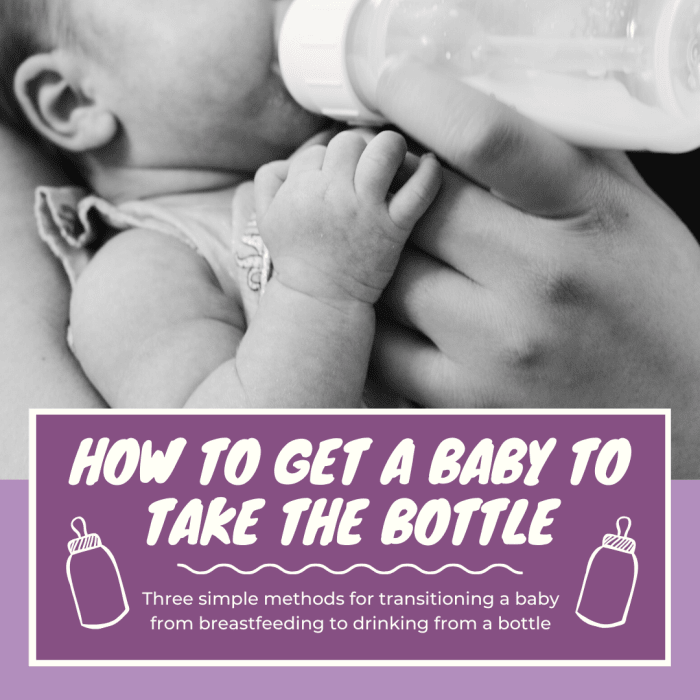 They may be satisfied with one breast, perhaps, or break off after just a few minutes and refuse to go back on.
They may be satisfied with one breast, perhaps, or break off after just a few minutes and refuse to go back on.
If your baby is healthy, growing well, producing plenty of wet and dirty nappies and thriving in other respects, there’s normally no need for concern about this. Baby feeding patterns can vary over time.
Breast refusal
Sudden, but temporary, breast refusal can sometimes be referred to as a nursing strike (La Leche League, 2017). Your baby might refuse the breast entirely and be distressed or seem to reject it if you keep offering.
Signs of breast refusal may include being unhappy at the breast, crying at the breast, not wanting to be held or pulling away from the breast, fighting your breast physically with their fists (Mohrbacher et al, 2003).
Why is my baby not feeding as well or refusing the breast?
There are many reasons why babies may not feed as well as previously or refuse the breast, including:
- A sore or uncomfortable mouth.
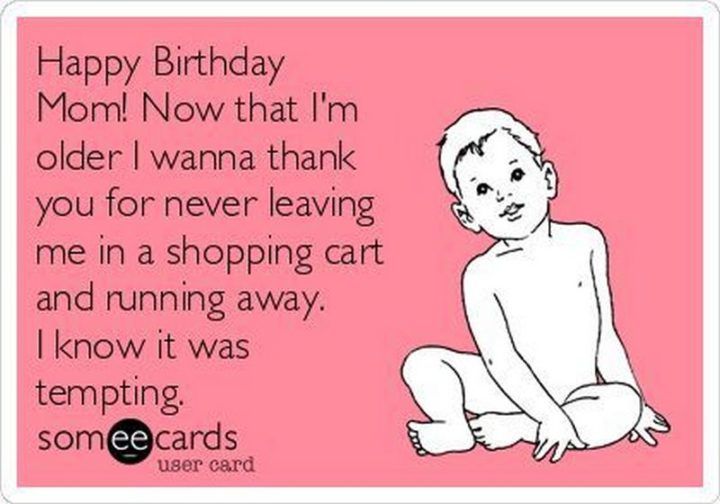
- Earache or another illness, such as chicken-pox or hand foot and mouth disease.
- Discomfort of some other sort, such as teething.
- A lack of energy due to mild illness.
- Pain or tension associated with the birth.
- Forceful ejection reflex, fast flow or oversupply of milk in the mother that causes the baby to cough, splutter or choke.
- Breasts feel full or engorged, making it more difficult for baby to attach.
- Older babies may become more distracted during a feed, and might not feed so well if there are other things going on around them.
- Feeding from a bottle, which may interfere with breastfeeding.
- Thrush inside a baby’s mouth, which can be painful for babies.
- A number of factors can change the taste of breastmilk. Some food flavours can transfer to breastmilk. Strenuous exercise can alter breastmilk taste due to an increase in lactic acid. Occasionally, a particular medication, such as an antibiotic or combined pill, can affect the taste of breastmilk too.
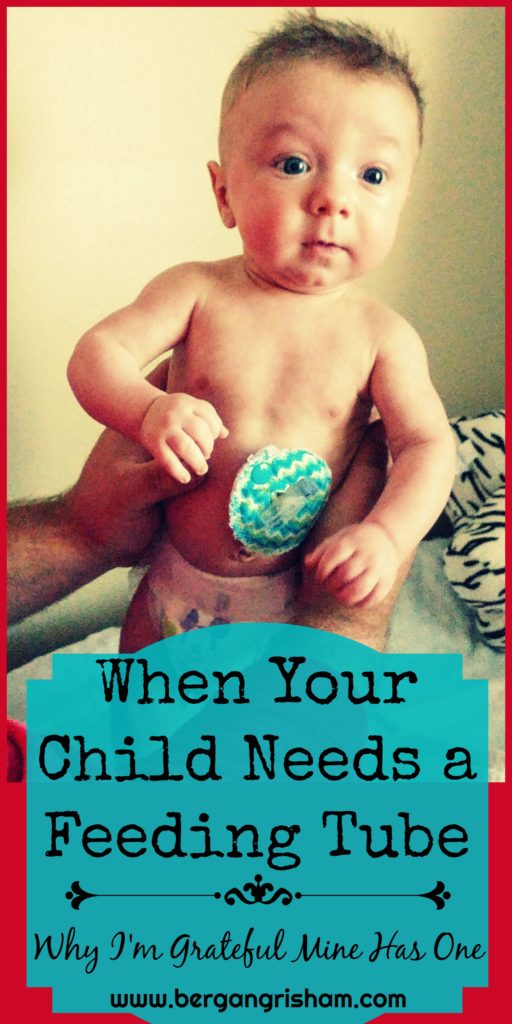
- Acid reflux and colic can both cause babies to want to feed little and often.
- Babies sometimes refuse the breast when something upsetting or strange has happened to them.
(Mohrbacher et al, 2003; La Leche League, 2017; Kam, 2021)
Sometimes, it’s not possible to say what might have caused the ‘strike’. For more details, see our article Why is my baby refusing the breast?
What could I try if my baby is feeding less or refusing the breast?
There are many reasons why a baby may not be feeding well or refusing the breast. So there are as many different things you might try to encourage them to feed better or to return to the breast.
Trying to force a reluctant baby to feed is unlikely to work and can make your baby more upset. Patience, being calm, cuddles and close contact can often help
You could also try:
- being vigilant for your baby’s feeding cues and responding to the earliest cues, or offering your baby the breast while they are sleepy
- expressing a little at the beginning of a feed if the breasts are full or engorged, or if you have a very strong let-down
- skin-to-skin contact, even when your baby doesn’t appear hungry
- feeding in a quiet, calm place
- holding your baby in a different position
- if you are mixed feeding, try paced bottle feeding.
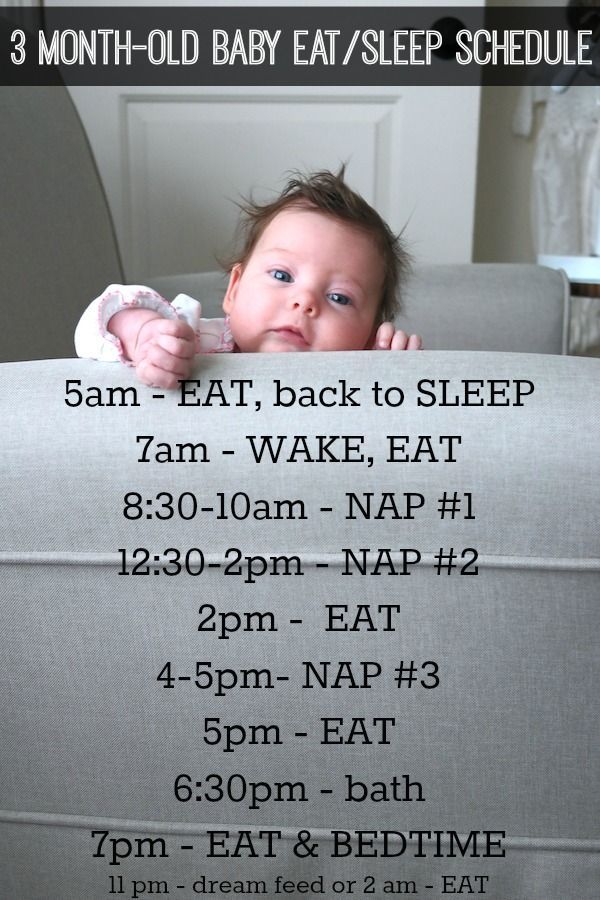
You may find it helpful to have a discussion with a breastfeeding counsellor, who might have other ideas she can share with you.
See our article about breast refusal for more tips to help your baby who’s refusing the breast to breastfeed and for tips to help lower your stress levels.
This page was last reviewed in January 2022.
Further information
NCT supports all parents, however they feed their baby. If you have questions, concerns or need support, you can speak to a breastfeeding counsellor by calling our helpline on 0300 330 0700, whether you are exclusively breastfeeding or using formula milk. Breastfeeding counsellors have had extensive training, will listen without judging or criticising and will offer relevant information and suggestions. You can also find more useful articles here.
National Breastfeeding Line (government funded): 0300 100 021.
NHS information on mastitis
Best Beginnings - Bump to Breastfeeding DVD Chapter 7 'Overcoming Challenges'
Healthtalkonline.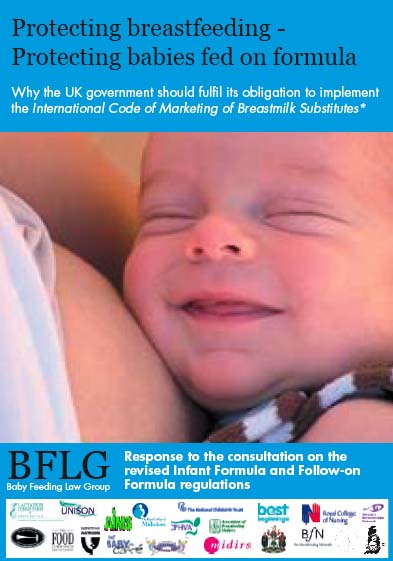 org: Managing Breastfeeding – dealing with difficult times
org: Managing Breastfeeding – dealing with difficult times
Feeding Your 1- to 3-Month-Old (for Parents)
During your baby's first 3 months, breast milk or formula will provide all the nutrition needed. Doctors recommend waiting until your baby is about 6 months old to start solid foods. Some babies may be ready for solids sooner than 6 months, but wait until your baby is at least 4 months old.
What Changes Should I Expect?
As your infant grows, feeding will change. Babies will start drinking more milk during each feeding, so they won't need to feed as often and will sleep longer at night.
Your baby's appetite will increase during growth spurts. Continue to feed on demand and increase the number of feedings as needed.
Your infant also will become more alert as the weeks go by, cooing and smiling. So there will be more interaction between you and your baby during feedings.
The following are general guidelines, and your baby may be hungrier more or less often than this. That's why it's important to pay attention to your baby's signals of being hungry or full. A baby who is getting enough might slow down, stop, or turn away from the breast or bottle.
That's why it's important to pay attention to your baby's signals of being hungry or full. A baby who is getting enough might slow down, stop, or turn away from the breast or bottle.
Breastfeeding: How Much and How Often?
As babies get older, they will start to breastfeed less often and sleep for longer periods at night. Your infant probably is eating enough if he or she:
- seems alert, content, and active
- is steadily gaining weight and growing
- feeds six to eight times per day
- is wetting and soiling diapers on a regular basis
Babies might not be eating enough if they:
- don't appear satisfied
- cry constantly
- are irritable, even after feeding
- are not making wet diapers
Call your doctor if you're concerned your baby isn't eating enough.
A few weeks after birth, breastfed babies tend to have fewer bowel movements (BMs, or poop) than they did before. At around 2 months of age, your baby may not poop after each feeding, or even every day.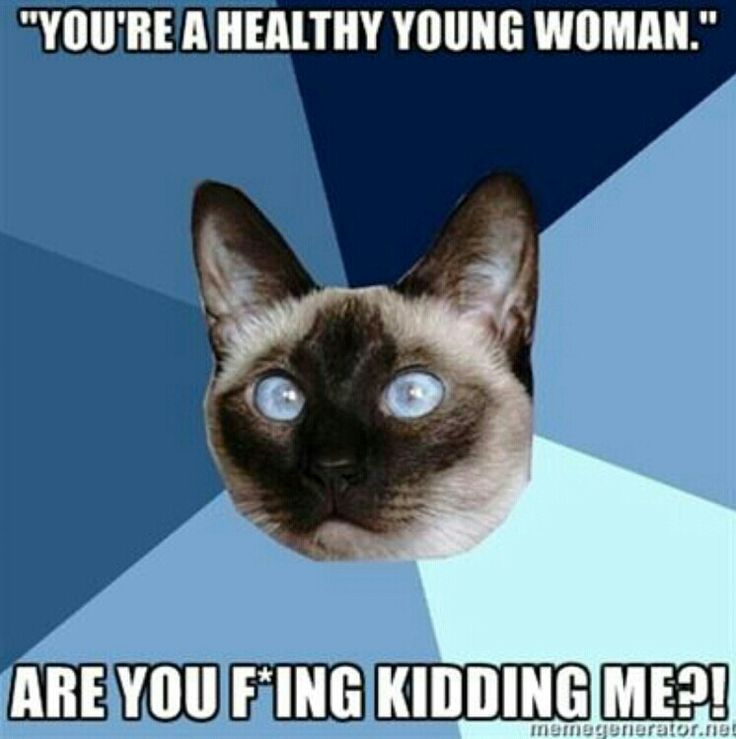 During growth spurts, you may notice that your little one wants to feed more often. This frequent nursing sends a signal to make more milk. Within a couple of days, supply and demand will get into balance.
During growth spurts, you may notice that your little one wants to feed more often. This frequent nursing sends a signal to make more milk. Within a couple of days, supply and demand will get into balance.
Babies who get breast milk only should get vitamin D supplements within the first few days of life. Other supplements, water, juice, and solid foods aren't usually needed.
Formula Feeding: How Much and How Often?
Babies digest formula more slowly than breast milk, so if you're bottle-feeding, your baby may have fewer feedings than a breastfed infant.
As babies grow, they can eat more at each feeding and may go for longer stretches between feedings. You'll also notice that your baby is starting to sleep longer at night.
During the second month, infants may take about 4 or 5 ounces at each feeding. By the end of 3 months, your baby may need an additional ounce at each feeding.
It's easy to overfeed a baby when using a bottle because it easier to drink from a bottle than from a breast.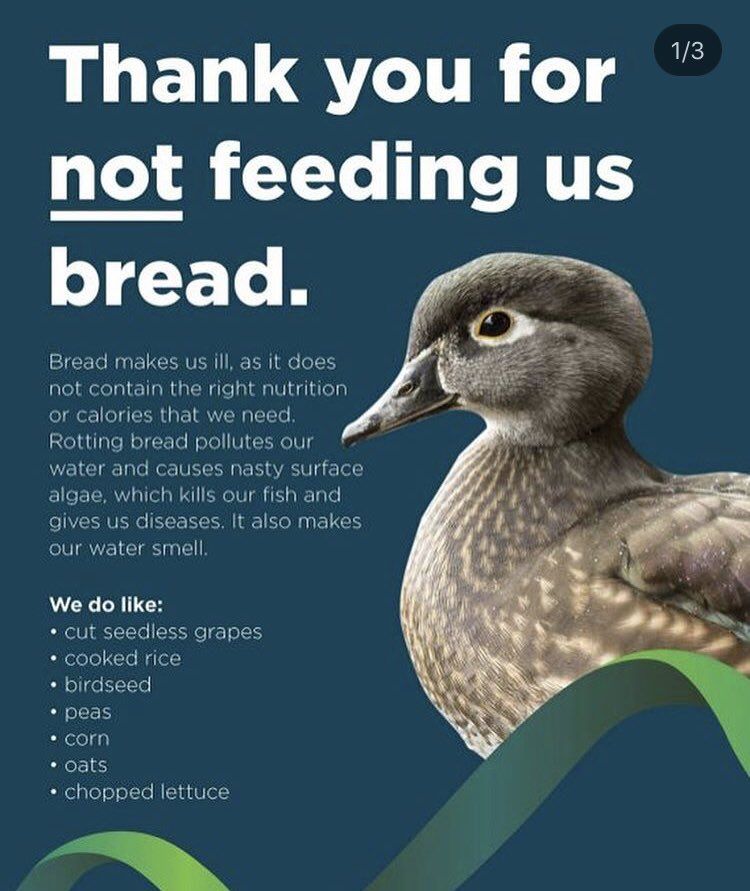 Make sure that the hole on the bottle's nipple is the right size. The liquid should drip slowly from the hole and not pour out. Also, resist the urge to finish the bottle when your baby shows signs of being full.
Make sure that the hole on the bottle's nipple is the right size. The liquid should drip slowly from the hole and not pour out. Also, resist the urge to finish the bottle when your baby shows signs of being full.
Never prop a bottle. Propping a bottle might cause choking and it increases the chances of getting ear infections and tooth decay.
Should I Worry About Spitting Up?
It's normal for infants to "spit up" after eating or during burping. Spitting up a small amount — usually less than 1 ounce (30 ml) — shouldn't be a concern as long as it happens within an hour of feeding and doesn't bother your baby.
You can reduce spitting up in these early months by:
- feeding before your baby gets very hungry
- keeping your baby in a semi-upright position during the feeding and for an hour after
- burping your baby regularly
- avoiding overfeeding
- not jostling or playing vigorously with your baby right after a feeding
If your baby seems to be spitting up large amounts, is spitting up forcefully, is irritable during or after feedings, or seems to be losing weight or is not gaining weight as expected, call your doctor.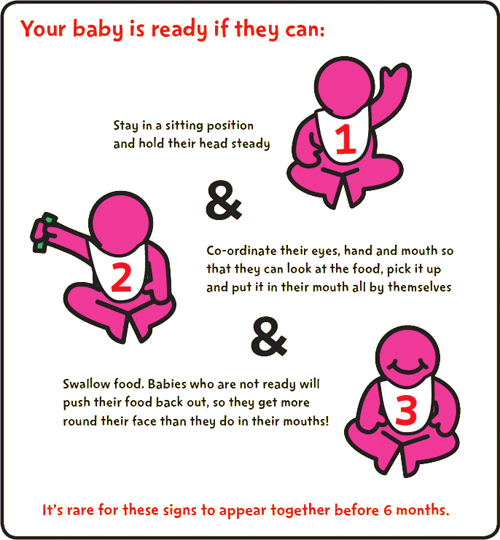 And if your child has a fever or shows any signs of dehydration (such as not wetting diapers), call the doctor right away.
And if your child has a fever or shows any signs of dehydration (such as not wetting diapers), call the doctor right away.
Call your doctor if you have any questions or concerns about feeding your infant.
Reviewed by: Mary L. Gavin, MD
Date reviewed: November 2021
If the child does not eat well: what to do and what not to do
What to do if the child does not want to eat.
- Malyusik, well, one more spoon - and that's it! Last! I ate only two, let's have a little more, here's the most delicious piece for you! - says the average mother, offering a spoon with one hand, playing the accordion with the other, showing the trick with the disappearance of the handkerchief with the third, turning the cutlets over with the fourth, while doing somersaults on one leg.
Sound familiar?
Every dad has an instinct to bring home food, and mom has to feed the baby food. And if he refuses to eat, a signal is triggered - "I'm a bad mother" or "the child is sick. "
"
In this case, the most important thing for a parent to understand is whether the child DOES NOT WANT or CANNOT eat?
If the baby is running around, having fun and looking good, without showing any signs of illness, then most likely he does not want to eat. There can be many reasons:
- A breastfeeding child prefers milk and dairy products, intuitively understanding that he needs calcium, and now milk is healthier for him than soup.
- The child wants a cookie, not vegetables.
- He really wasn't hungry. For example, his metabolism is slow, breakfast has not yet been digested, and lunch is already being offered. Or the child was sitting in front of the TV after breakfast and his appetite had not yet had enough time to play out. Compared to the boy next door who was outside all day.
- If a child is not genetically destined to become Uncle Styopa, then he can eat much less than his peer, who has tall parents.
- Psychological problems.
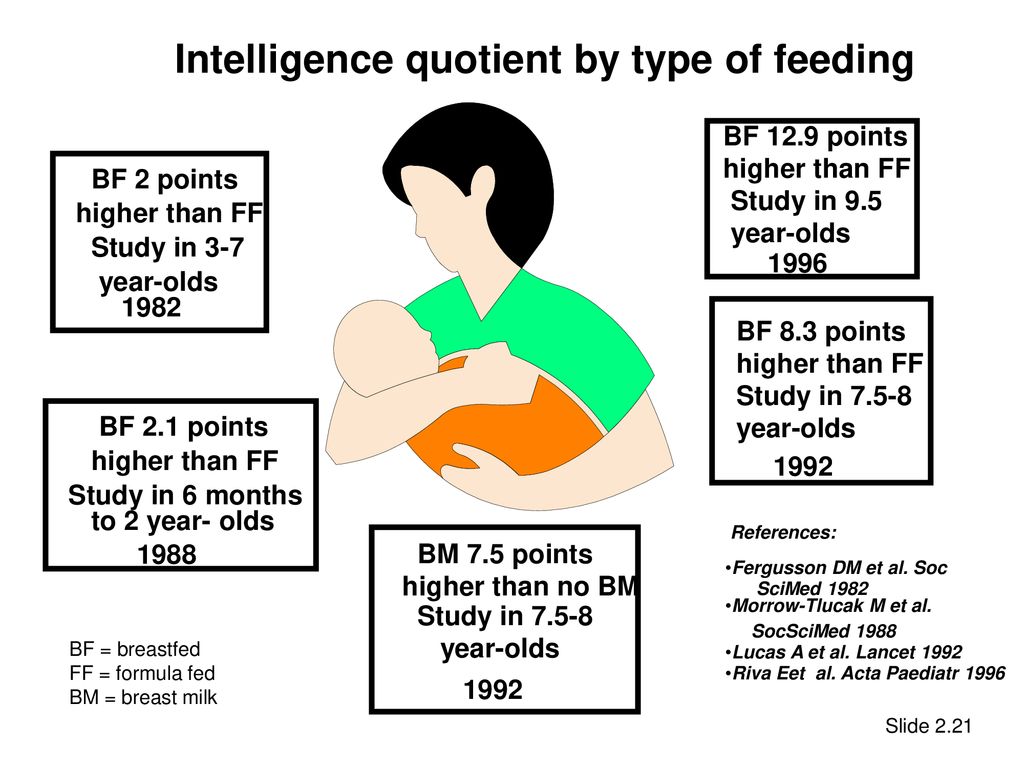 If earlier you accidentally gave your child a bitter cucumber, then he may refuse any green food. Or you yell at the child during the meal, and for him the food is perceived as a trauma.
If earlier you accidentally gave your child a bitter cucumber, then he may refuse any green food. Or you yell at the child during the meal, and for him the food is perceived as a trauma.
If your child is lively, but at the same time he has a "bad appetite", then this is not his problem, but yours - the psychological problem of an unsatisfied instinct. If a child jumps, jumps, he has healthy nails, hair, etc., think less about what he lacks. Better think about something nice))
An active child = not a hungry child.
Wait for the natural desire and correctly distribute energy costs - take a walk more often, give the child to the sports section, or simply say: “If you don’t want to, take a walk, dinner is not earlier than seven and no snacks.” That is, if your child simply does not want to eat, normalize feeding - strictly at a certain time and without snacks. The body will get used to secrete gastric juice strictly according to the schedule.
And one more thing. There are no rules about how much a child should eat. He can eat a kilo (and make you very happy) and 9Send 00 grams to the toilet. Or eat 100 g and learn everything.
There are no rules about how much a child should eat. He can eat a kilo (and make you very happy) and 9Send 00 grams to the toilet. Or eat 100 g and learn everything.
But it is much more difficult if the child CANNOT eat.
Causes:
- If you are breastfeeding, you may have “tight breasts”, when it is very difficult for the baby to suck milk.
- The child has a runny nose, and when he eats, he begins to choke.
- Food hot, cold, sour, bitter.
- He has sores in his mouth (for example, from toys), and they hurt when food gets on them.
- Teeth are cut, gums hurt.
- Bowel problems. The stomach starts to hurt while eating.
- The child simply fell ill (cold, SARS, poisoning, influenza, etc.). If the child is sick, and he is not dystrophic, then you should not force him to eat. The body fights infections better when it's hungry. But be sure to drink.
If a child at first shows appetite and interest in food, but refuses to eat through a spoon or two, then, most likely, the process of eating causes him certain difficulties.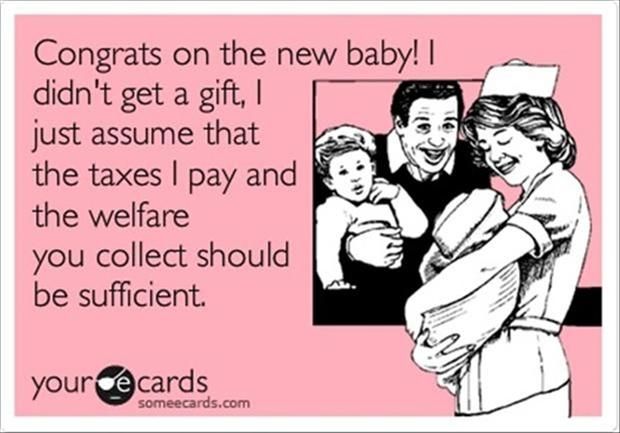
If the baby CANNOT eat and you can't identify or eliminate the cause, the best thing to do is contact your pediatrician. The doctor will accurately determine the problem and give the necessary recommendations.
Our clinic has a wonderful pediatrician Yuliya Vladimirovna Sinyagina with 17 years of experience! You can sign up to her))
Bon appetit everyone! As well as strength, patience and satisfied instincts!
Back to the list of articles
The child does not eat well. What to do? Tips for parents
“You won’t go out until you eat everything!” - repeated to you in childhood, and now you say it to a child. Every parent at least once in their life faced with the problem of nutrition in children. But it’s one thing if you don’t feel like eating because you don’t like food, it’s another if it’s a disease that can be chronic.
We have already talked about eating disorders in adults. In this article, we will deal with the causes of eating disorders in children, their types and ways to restore the child's appetite.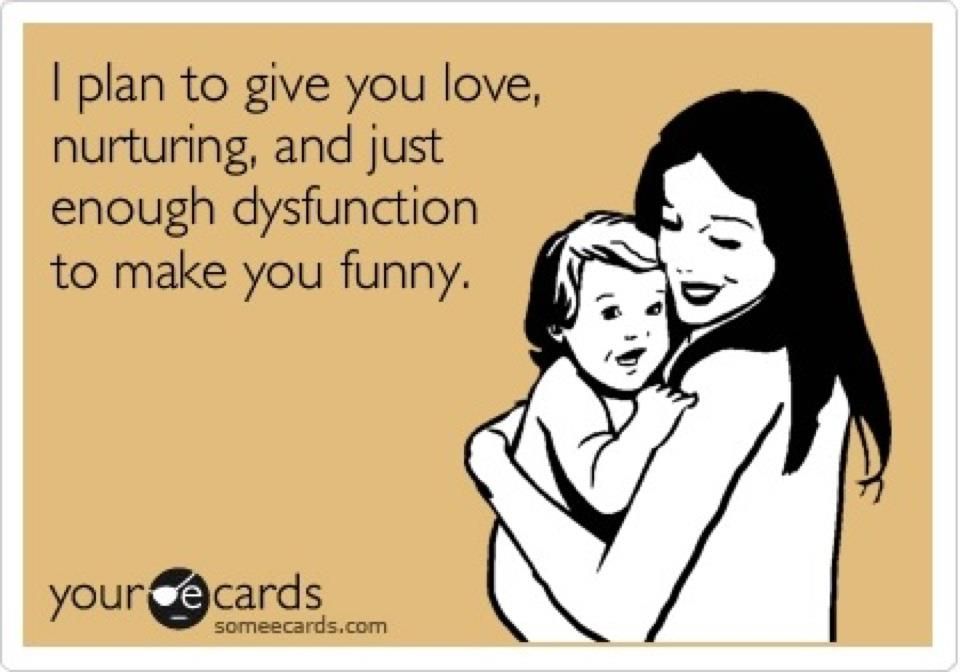
What do we talk about when we talk about eating behavior?
Eating behavior is understood as a value attitude to food and its intake, a stereotype of nutrition in everyday conditions and in a situation of stress, behavior oriented towards the image of one's own body, and activities to form this image. (VD Mendelevich “Clinical and Medical Psychology”)
Why does the child eat poorly? Causes
Eating behavior of children is characterized by physiological and psychological parameters . If they are violated, eating behavior changes.
Under physiological parameters means how the body functions as a whole: the state of the endocrine or digestive system, the work of organs involved in the consumption and processing of food.
Under psychological parameters - restless atmosphere in the house, scandals, stress due to life changes (change of children's institution, the appearance of a second child in the family, parents' problems) or the child may not like the taste and appearance of the dish, so he refuses there is.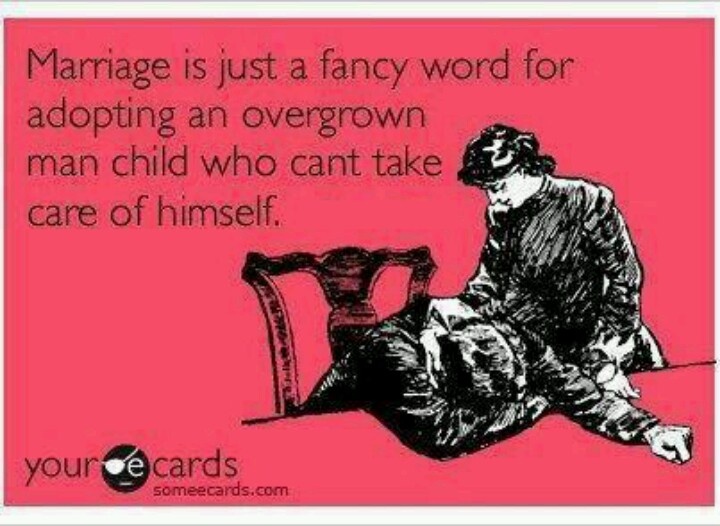
Lack of appetite can be caused by:
- violation of the daily routine,
- feeling unwell,
- hot weather,
- being busy with something exciting.
And the most obvious answer to the question "Why does the child eat poorly?" He's just not hungry! Perhaps you are worrying in vain and the only problem is that you do not take into account the needs of the child, so do not force the child to eat here and now, invite him to the table later. Give your appetite time to roam.
You should be concerned about your child's eating habits and consult a doctor if eating disorders occur regularly and have consequences such as weight loss, lack of energy or vomiting after eating.
Types of eating disorders in children
There are several types of eating disorders in children:
- malnutrition, infantile anorexia
- overeating causes obesity and related diseases, cardiovascular or diabetes;
- rumination - conscious regurgitation of food, which the child swallows again or spits out from the mouth.
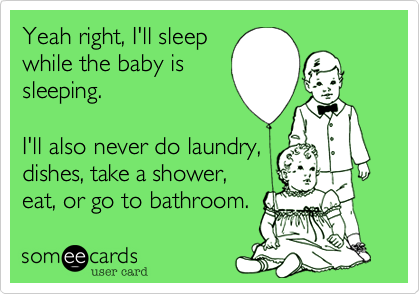 It is observed in children under two years of age, rarely at school age;
It is observed in children under two years of age, rarely at school age; - Eating inedible things (chalk, sand, etc.) occurs in children with a damaged nervous system, and may also be the result of psychological causes.
How to treat eating disorders in children?
Treatment depends on the type of disorder. If necessary, a multidisciplinary approach is used with the involvement of a pediatrician, nutritionist, psychologist, gastroenterologist.
First of all, you need to pass tests and check the functioning of the body. If there is no appetite due to a disease of the internal organs, the doctor will prescribe appropriate therapy.
It is possible to sort out the problem with the help of the specialists of the sanatorium complex "Mashuk Aqua-Therm", having completed a comprehensive gastroenterological program for children aged 4-12 years. Experienced doctors will consult and diagnose, explain why the child does not eat well, prescribe a treatment regimen and bring the baby's eating habits back to normal.

Goals of therapy
- involve the child in overcoming the problem on his own;
- to form the correct model of eating behavior and perception of one's body, corresponding to reality;
- pick up individual meals.
Working with the parents themselves is also important. It is they who can create a favorable environment for recovery.
What should parents do if their child does not eat well?
Parents shape the habits and environment in which the child grows up. Adults should be actively involved in the process of correcting children's eating disorders. Candidate of Psychological Sciences Avdulova T.P. recommends to parents:
- play with the child about food;
- organize meals as a joint activity;
- decorate dishes, make food attractive;
- do not force to eat, but regularly offer;
- stimulate physical activity;
- do not discuss weight and figure in front of the child;
- synchronize meals at home and in kindergarten;
- take into account individual preferences.


